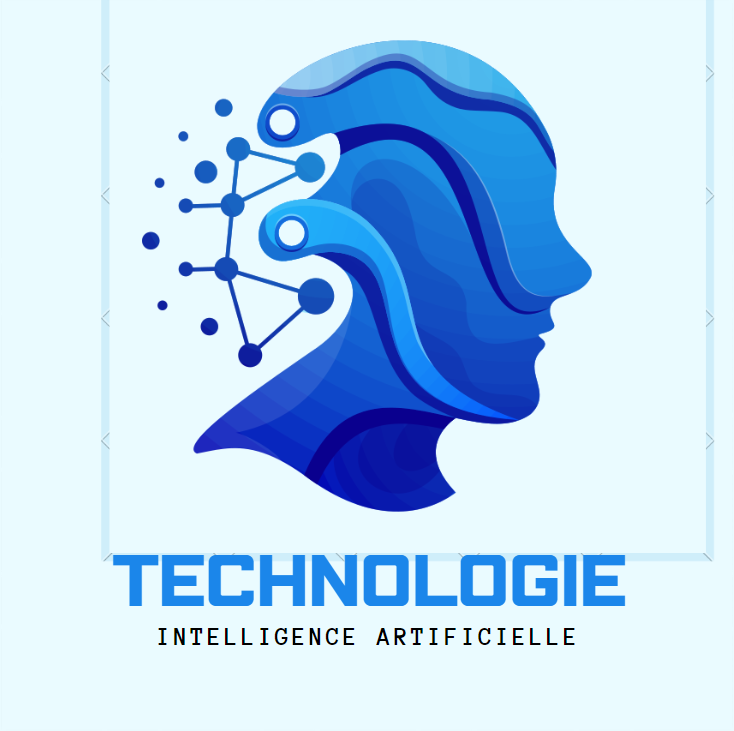Using artificial intelligence techniques to extract meaningful insights from big data
In today's data-driven world, the sheer volume, variety, and velocity of data generated pose both challenges and opportunities for businesses and organizations across industries. This deluge of data, commonly referred to as big data, contains valuable insights that, if properly harnessed, can drive innovation, inform decision-making, and improve efficiency. However, the complexity of big data necessitates sophisticated techniques for analysis and interpretation.
Artificial intelligence (AI) has emerged as a powerful tool in the realm of big data analytics, offering the capability to extract meaningful insights from vast and diverse datasets. By leveraging AI techniques such as machine learning, deep learning, natural language processing, and predictive analytics, organizations can uncover hidden patterns, trends, and correlations within their data, enabling them to make informed decisions and gain a competitive edge in the marketplace.
what is big data in AI?
big data refers to the use of large and complex datasets to train, validate, and improve artificial intelligence models. The abundance of data allows AI algorithms to learn and generalize patterns, make predictions, and derive meaningful insights.
How does big data affect AI ?
Big data profoundly affects AI in several ways:
- Training Data Availability: Big data provides a vast amount of training data for AI algorithms, enabling them to learn complex patterns and relationships. With more data, AI models can often achieve higher levels of accuracy and robustness
- Model Complexity and Performance: The availability of big data allows for the development of more complex AI models, such as deep neural networks. These models can capture intricate patterns within the data, leading to improved performance in various tasks, including image recognition, natural language processing, and recommendation systems.
- Real-time and Dynamic Insights: Big data, especially when streaming in real-time, enables AI systems to analyze and derive insights from data as it is generated. This capability is crucial for applications requiring timely decision-making, such as fraud detection, predictive maintenance, and dynamic pricing.
- Personalization and Customization: AI systems leverage big data to personalize user experiences and provide tailored recommendations. By analyzing vast amounts of user data, AI algorithms can understand individual preferences and behaviors, leading to more relevant and engaging interactions in domains such as e-commerce, content streaming, and social media.
- Challenges in Data Management and Processing: While big data provides opportunities for AI, it also presents challenges in terms of data management, storage, and processing. Handling large volumes of data efficiently requires robust infrastructure and advanced processing techniques, such as distributed computing and parallel processing.
- Ethical and Privacy Considerations: The use of big data in AI raises important ethical and privacy concerns regarding data collection, usage, and potential biases in AI algorithms. Organizations must address these issues to ensure responsible and ethical AI deployment.
Overall, big data significantly influences the development, performance, and deployment of AI systems, shaping their capabilities and applications across various domains.
How big data and AI work together?
Big data and AI work together synergistically to extract valuable insights, drive decision-making, and enable innovative applications. Here's how they collaborate:
- Data Collection: Big data provides the raw material for AI algorithms by collecting and aggregating vast amounts of data from diverse sources such as sensors, social media, transaction records, and more.
- Data Preprocessing: Before feeding data into AI models, preprocessing is often required to clean, transform, and prepare the data. Big data technologies facilitate these preprocessing tasks, ensuring that the data is in a suitable format for AI analysis.
- Training AI Models: Big data serves as the training dataset for AI models, enabling them to learn patterns, relationships, and trends. AI techniques such as machine learning and deep learning leverage large datasets to train models that can make predictions, classify data, or extract meaningful insights.
- Model Optimization: Big data can be used to optimize AI models by fine-tuning parameters, selecting features, and evaluating model performance. Through iterative processes, AI models can be continually improved to achieve higher levels of accuracy and efficiency.
- Real-time Insights: Big data streaming in real-time allows AI systems to analyze data as it is generated, enabling real-time insights and decision-making. This is particularly valuable in applications such as fraud detection, risk assessment, and dynamic pricing.
- Personalization and Recommendation: AI-powered recommendation systems leverage big data to analyze user behavior, preferences, and interactions. By understanding individual preferences, these systems can provide personalized recommendations in areas such as e-commerce, content streaming, and online advertising.
- Predictive Analytics: Big data combined with AI enables predictive analytics, where historical data is used to make predictions about future events or trends. This capability is essential for forecasting demand, identifying potential risks, and optimizing business processes.
- Optimized Resource Allocation: AI algorithms can optimize resource allocation in big data systems by automating tasks such as data storage, retrieval, and processing. This improves efficiency and scalability, allowing organizations to handle increasingly large volumes of data.
Overall, the collaboration between big data and AI empowers organizations to unlock the value of their data, gain actionable insights, and drive innovation across various domains and industries.
conclusion: the integration of big data and artificial intelligence represents a transformative force that is reshaping industries, driving innovation, and unlocking new possibilities. Together, these technologies empower organizations to extract valuable insights from vast and complex datasets, enabling data-driven decision-making, personalized experiences, and predictive analytics.
التسميات
data

